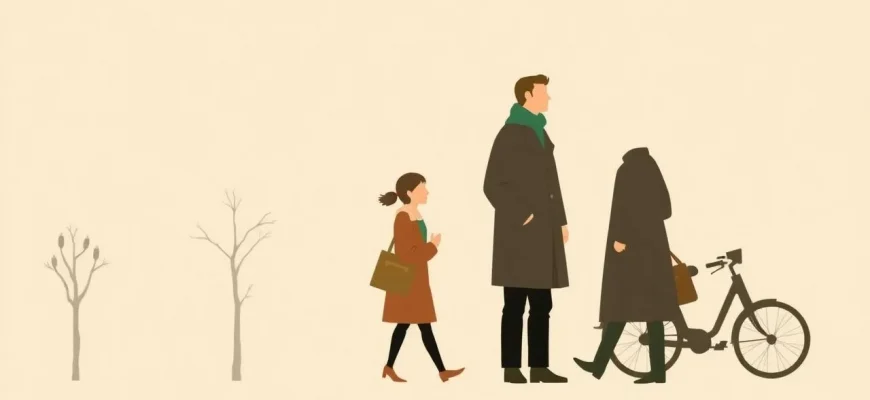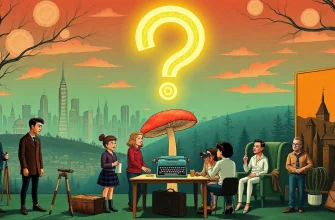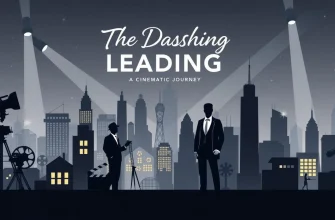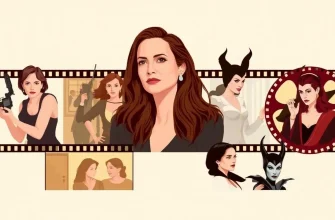Soviet cinema has always had a unique way of capturing the essence of human connections. These films, rich in emotion and often laced with humor, explore the intricacies of meeting new people, whether through chance encounters, planned introductions, or the serendipity of life. This collection showcases the diversity of Soviet storytelling, offering a window into the cultural nuances of love, friendship, and the unexpected twists of fate. Each film in this list not only entertains but also provides a glimpse into the social dynamics of the Soviet era, making them timeless pieces of cinematic art.

The Twelve Chairs (1971)
Description: A comedic treasure hunt for a set of chairs that contain hidden jewels, where the protagonists meet a variety of colorful characters along the way.
Fact: The film was adapted from a satirical novel by Ilf and Petrov, and its humor has made it a beloved classic.
 30 Days Free
30 Days Free 
The Irony of Fate (1975)
Description: This New Year's Eve classic follows a man who, after a night of drinking, ends up in Leningrad instead of Moscow, leading to a series of comedic and romantic encounters. It's a perfect example of how chance meetings can change lives.
Fact: The film was originally intended to be a television play but became so popular that it was released in cinemas. It has become a tradition for many Russians to watch it every New Year's Eve.
 30 Days Free
30 Days Free 
Moscow Does Not Believe in Tears (1980)
Description: This film spans three decades, showing the lives of three women and their romantic entanglements. It's a poignant look at how friendships and love evolve over time, with a focus on the unexpected nature of meeting the right person at the wrong time.
Fact: The film won the Academy Award for Best Foreign Language Film in 1981, making it one of the most internationally recognized Soviet films.
 30 Days Free
30 Days Free 
The Diamond Arm (1969)
Description: A comedy about a man who unwittingly becomes involved in a smuggling operation, leading to a series of humorous encounters. The film showcases how ordinary people can find themselves in extraordinary situations through chance meetings.
Fact: The film was one of the highest-grossing Soviet films of all time and has become a cultural phenomenon, with many of its lines becoming catchphrases.
 30 Days Free
30 Days Free 
The Girls (1962)
Description: A light-hearted comedy about a young woman who moves to a remote logging camp and finds love in the most unexpected place. It's a charming depiction of how new environments can lead to new relationships.
Fact: The film was one of the first Soviet comedies to focus on the everyday life of young women, breaking away from the traditional male-centric narratives.
 30 Days Free
30 Days Free 
Office Romance (1977)
Description: A satirical look at office life, where a boss and her subordinate fall in love, showcasing how professional relationships can evolve into personal ones.
Fact: The film was a huge success and led to the creation of a sequel, "Office Romance. Our Time," in
 30 Days Free
30 Days Free 
A Cruel Romance (1984)
Description: Based on Alexander Ostrovsky's play, this film explores the complexities of love and social status through the story of a wealthy merchant's daughter and her suitors.
Fact: The film was one of the most expensive Soviet productions of its time, with lavish sets and costumes.
 30 Days Free
30 Days Free 
The Pokrovsky Gate (1982)
Description: A nostalgic look at life in a Moscow communal apartment, where various characters' lives intertwine, leading to unexpected friendships and romances.
Fact: The film was initially banned due to its satirical take on Soviet bureaucracy but was later released and became a cult classic.
 30 Days Free
30 Days Free 
The Love and Pigeons (1985)
Description: A simple man's life changes when he meets a woman who challenges his traditional views on love and family, leading to a series of comedic and heartfelt encounters.
Fact: The film was initially criticized for its portrayal of rural life but has since become a beloved family comedy.
 30 Days Free
30 Days Free 
The Station Master (1972)
Description: Based on a story by Alexander Pushkin, this film tells of a station master whose daughter falls in love with a passing officer, exploring themes of love, duty, and the fleeting nature of relationships.
Fact: The film was part of a series of adaptations of Pushkin's works, showcasing the timeless nature of his stories.
 30 Days Free
30 Days Free 








